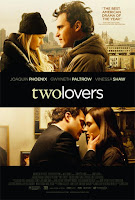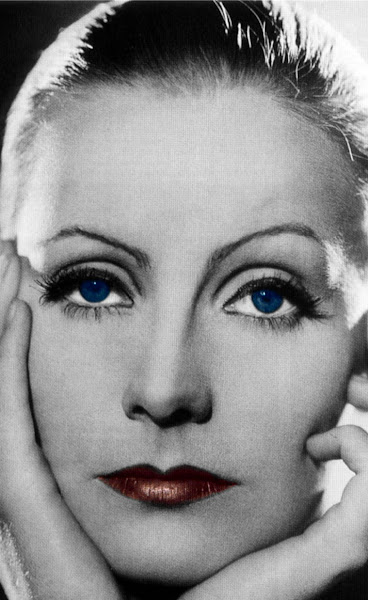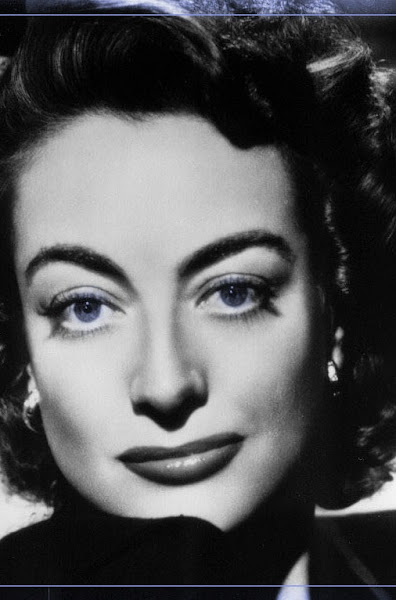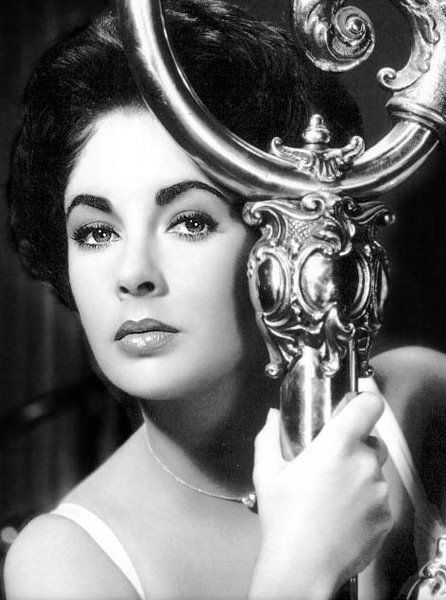 * ½ out of ****
* ½ out of ****
“Two Lovers” is a significant film because it features what actor Joaquin Phoenix is calling his “last film role” as he goes off to pursue a career in rap music. This fact is about all that is significant about “Two Lovers.”
The story concerns a young bipolar man (Phoenix) who lives with his “émigré” parents in New York City and works for their dry cleaning business after his fiancée leaves him. Eventually, he meets his “lovers”: the nice Jewish woman his parents want him to marry (Vinessa Shaw) and the mysterious “shiksa” who lives in the same building (Gwyneth Paltrow). This plot might sound intriguing, but it all comes off rather tepidly. It is a drama, but not quite the romance the title implies and certainly not passionate (in many respects). The dialogue is flat, banal, and unconvincing and spoken by actors who, though well-known, are overwhelmingly unimpressive. However, the appearance of Isabella Rossellini is always quite a treat (she even shares the strikingly soft features of her mother, Ingrid Bergman, these days) and here she plays the mother of Leonard (Phoenix), but it hardly makes up for the oil-and-vinegar onscreen chemistry of Leonard, Michelle (Paltrow), and Sandra (Shaw). (Even Jack Black and Gwyneth Paltrow had better chemistry in “Shallow Hal”!) I found myself wondering several times why Joaquin Phoenix even has the titular two lovers because he lacks palpable sex appeal in the film. Though something of a method actor, his approach to Leonard is generally awkward and uninteresting. (What a dud for “Going out with a bang.”)
Vinessa Shaw is perhaps the best actor in the film playing the most sympathetic character. She accurately personifies simple, normal Sandra with unglamorous charm. Sandra, though not as beautiful and more ordinary in comparison to Michelle, is selfless and pleasant. On the other hand, Gwyneth Paltrow, for whom the role of Michelle was written (according to imdb.com), delivers a performance about which I am indifferent—so indifferent that I really have little to say about it.
The filmmaking is pretty unforgivable because director James Gray’s fourth directorial effort comes off as amateur and uneven film school fodder. Though the subject material may be cliché (woman falls in love with married man who will not leave his family; man has unrequited love for woman), it might have held up as melodrama had the acting not been so lackluster and the dialogue so trite. Nevertheless, the plot drive is choppy and generally insipid. It has shining moments, but those only occur when the acting does become effective. In other parts, the story grows oppressively tedious. Meanwhile, the film’s choppiness also becomes apparent by way of the camera. The cinematography at the beginning of the film presents tight framing that leaves some visual information hidden, confusing viewers, but this curiously makes interpreting what is going on much more interesting and pertinent. However, this different approach at visual storytelling seems quickly abandoned in favor of a conventional one (the camera as an invisible narrator), which is quite unsatisfying in light of the approach at the beginning of the film.
Because of the general lifelessness of the film’s visuals, story, and acting, I contemplated leaving the theater several times because walking anywhere would have been more interesting. (I rarely seriously consider such things, by the way.) As a word of warning, if you are searching for the grand love story on par with “Casablanca,” then stay home—romancing any kind of stone would be more fulfilling.
Originally published in the March 18 issue of Versus Magazine: Entertainment & Culture
March 18, 2009
Two Lovers
Subscribe to:
Post Comments (Atom)

.jpg)

.jpg)
.jpg)

No comments:
Post a Comment